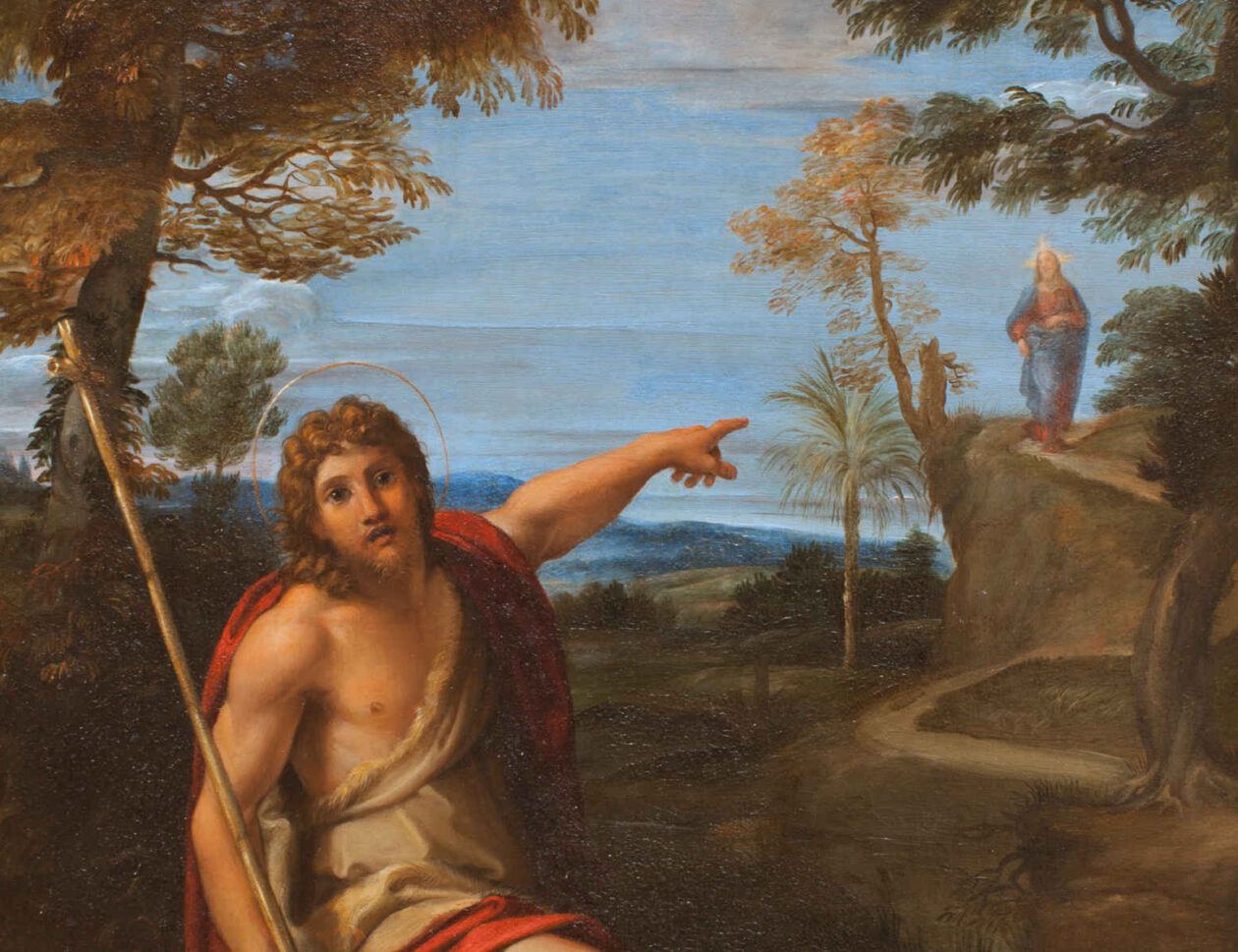
A Call for a Specific Mission
Today’s readings give us two beautiful vocation stories. In the first reading, the ‘servant of the Lord’ is reminded of his role in God’s mission. In the second reading, Saint Paul points out that as Christians, the primary goal of all the community in Corinth, is to become the saints or holy people who are called by God to continue the mission of Christ. The word vocation comes from the Latin verb ‘vocare’ which means ‘to call” so, in the scriptural context it means a call for a specific mission.
In the first reading, the People of Israel were in Babylonian exile. They had lost their hope and were mocked because of their religious affinities and practices. In this dire situation, Isaiah introduced them to a unique figure – the servant of the Lord – as a model for their faithfulness in suffering.
Who is this ‘servant’? In Isaiah, chapter 41, and 49 – 61, there are many references to this unique figure. There is a lot of debate in identifying and interpreting this ‘servant of the Lord’. Is the ‘servant’ referring to an individual person or a group? To remind them of their mission, Isaiah identifies him in the first reading to the people of Israel collectively. Later prophecies clearly indicate ‘the servant’ as an individual person. Of course, ‘the servant’ cannot be fully identified with the community of Israel for they have never shown the righteousness that is attached to this figure – “After he has suffered, he will see the light of life and be satisfied; by his knowledge my righteous servant will justify many, and he will bear their iniquities” (Is 53: 11).
The prophesies of Isaiah fit only one person and that is the Messiah, the Christ. What happens to the Messiah, will also happen to his disciples (the servants of the Lord) collectively. Like the servant, his disciples will go through suffering, persecution and death. And, at the end, they will be vindicated through the power of God into new heaven and new earth (Rev. 21).
Today’s second reading is a short introduction of the letter of Saint Paul to the church in Corinth. The Corinthian church was mainly made up of ex-pagans. They brought many pagan practices into their newfound faith. Saint Paul is writing to them, addressing the many problems that have surfaced in this community. Paul affirms his authority in this community to correct their errors on his vocation to be an apostle of Christ, coming from Christ Himself.
Paul’s letter is addressed to the church of God in Corinth. Church means a community, an assembly or group of Christians. By reminding them that they are called to be saints, Paul makes it clear that as a community they should work for the sanctity of each other and their own. Saint or holy means kept apart or separated. Through their baptism in Christ the Christians of Corinth have separated themselves from rest of the people and now they must live the life of Christ. By keeping themselves apart they are keeping themselves for God and eternity.
Paul’s call to holiness is also a call to imitate the servant of God. This call is for all, both individual and for the community collectively.
–Father Ranjan D’Sa OCD

